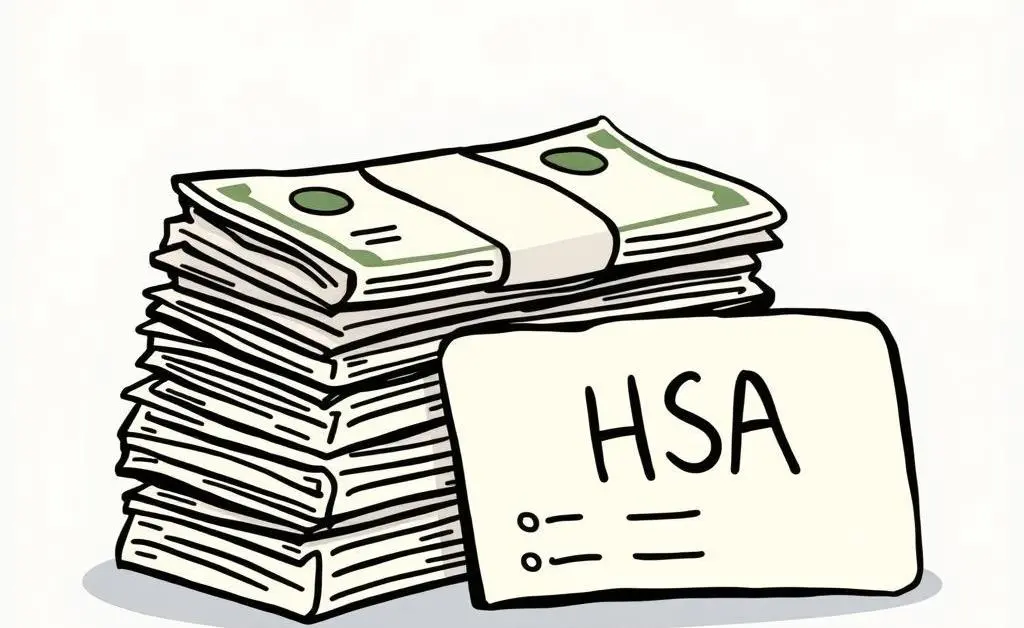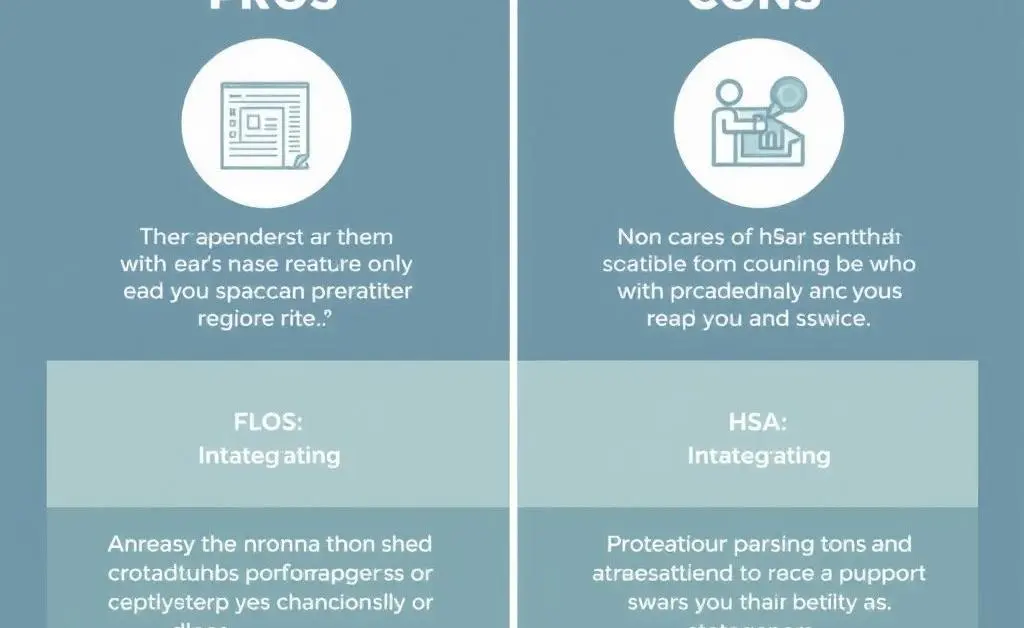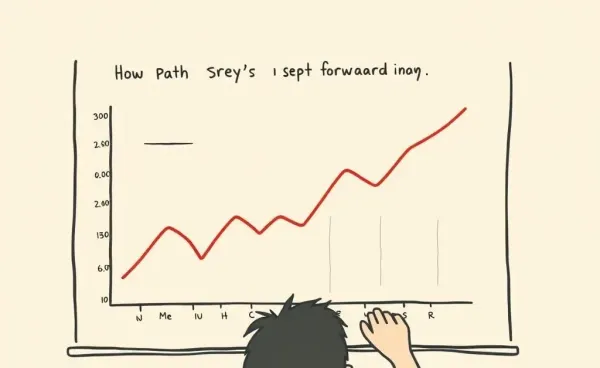Maximizing Your HSA: Short-Term Needs vs. Long-Term Growth
Discover whether to use your HSA for short-term expenses or save for long-term growth.

Maximizing Your HSA: Balancing Short-Term Needs and Long-Term Growth
When it comes to managing your Health Savings Account (HSA), one of the most common dilemmas people face is whether to use it for immediate medical expenses or save and invest it for the future. Having gone through this myself, I know how confusing it can be to choose the best way that aligns with your financial goals.
What is an HSA and Why Should You Care?
An HSA is a tax-advantaged account designed to help people with high-deductible health plans save for medical expenses. The funds can be used to pay for things like doctor visits, prescriptions, and even some over-the-counter medications. What sets it apart is that contributions, growth, and withdrawals (for qualified expenses) are all tax-free. It’s like a triple tax break bonus.

Short-Term Use: Covering Immediate Medical Expenses
Using your HSA to cover ongoing medical expenses can definitely offer immediate relief. If you've got a chronic condition or ongoing medical costs, accessing your HSA funds saves you from paying out-of-pocket, minimizing your monthly cash flow issues. Plus, no need to worry about sabotaging your budget each time a medical bill arrives.
Long-Term Growth: A Mini Retirement Account
Alternatively, you could view your HSA as a mini retirement account. You might not realize this, but you can invest the funds in your HSA, similar to an IRA or 401(k). If you don’t need the HSA funds immediately, investing allows your money to grow over the years, potentially multiplying what you initially contributed.

Comparing the Pros and Cons
| Strategy | Pros | Cons |
|---|---|---|
| Short-Term | Immediate cost relief, flexible access | Limited growth potential, funds deplete quickly |
| Long-Term | Tax-free growth, retirement savings boost | Less accessible for urgent needs, risk of investment loss |

Finding Your Balance
The best approach depends on your current financial situation and future needs. Are you comfortable with risk and can afford to potentially let the funds grow, or is immediate access crucial for your well-being? Personally, I like a mixed approach: save some for unexpected healthcare needs, but invest a portion for the future.
Think of it this way: Your HSA doesn't have to be a singular tool. With the right balance, it can serve both immediate and future needs, much like a versatile financial Swiss Army knife.
Conclusion: What's Your HSA Strategy?
How are you currently using your HSA? Do you lean towards covering short-term medical needs, or are you focusing more on its growth potential for long-term investing? Whatever you choose, optimizing your approach could make all the difference in how financially prepared you are down the road. Let's continue the conversation — what’s your HSA story?




